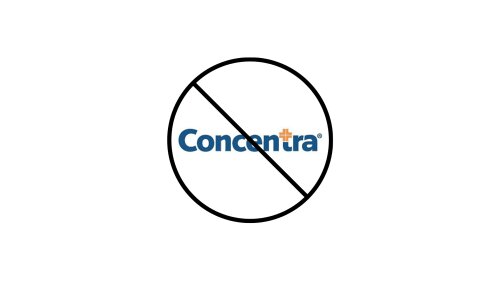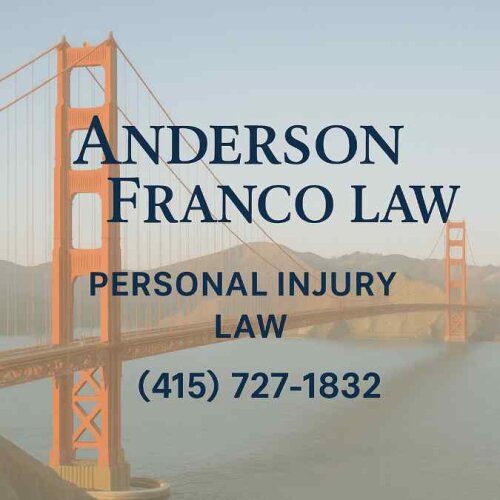Best Toxic Tort Lawyers in California
Share your needs with us, get contacted by law firms.
Free. Takes 2 min.
Or refine your search by selecting a city:
List of the best lawyers in California, United States
About Toxic Tort Law in California, United States
Toxic tort law in California addresses legal claims resulting from exposure to harmful substances such as chemicals, pesticides, pharmaceuticals, mold, asbestos, and other toxic materials. These exposures can occur at work, at home, or in the environment, and can lead to serious injuries or illnesses. Individuals who suffer health problems due to toxic exposure may have the right to seek compensation from companies or individuals responsible for creating or failing to prevent those hazards. Toxic tort cases are complex, often involving scientific, medical, and legal expertise to establish causation and liability.
Why You May Need a Lawyer
People seek legal help with toxic tort cases for a variety of reasons. Common situations include suffering illness after exposure to toxic chemicals at work, living in homes with hazardous mold, using contaminated consumer products, or developing diseases linked to environmental pollutants such as groundwater contamination or air pollution. Employers, product manufacturers, landlords, and other parties can be held liable if their actions or negligence result in toxic exposures and subsequent injuries. A lawyer experienced in toxic tort law can help protect your rights, gather crucial evidence, handle interactions with insurance companies or responsible parties, and advocate for fair compensation.
Local Laws Overview
California has some of the most robust environmental and consumer protection laws regarding toxic substances. Key legislation includes the California Toxic Substances Control Act, which governs the handling and cleanup of hazardous substances, and Proposition 65, which requires businesses to provide warnings about significant exposures to chemicals that cause cancer, birth defects, or other reproductive harm. California courts also recognize the right to bring lawsuits for toxic injuries under common law theories of negligence, strict liability, and breach of warranty. Recent changes clarify reporting requirements for companies and extend timelines for certain claims. Statutes of limitations can vary, making timely action important. Additionally, federal laws such as the Comprehensive Environmental Response, Compensation, and Liability Act (CERCLA or Superfund) may also apply in certain cases.
Frequently Asked Questions
What is a toxic tort claim?
A toxic tort claim is a type of lawsuit seeking compensation for injuries or illnesses caused by exposure to hazardous substances, such as chemicals, asbestos, pesticides, or pollutants.
What are examples of toxic exposure?
Examples include exposure to lead paint, asbestos in building materials, contaminated drinking water, toxic mold, occupational exposure to industrial chemicals, and harmful pharmaceuticals or pesticides.
Who can be held responsible for a toxic tort injury?
Potentially responsible parties can include manufacturers, employers, landlords, property owners, chemical suppliers, contractors, and others whose actions or negligence led to the toxic exposure.
How do I know if my illness is related to toxic exposure?
It can be challenging to link an illness directly to a toxic substance. Medical diagnosis, scientific testing, and exposure history are usually needed to determine if there is a connection.
What compensation is available in toxic tort cases?
Compensation can include medical expenses, lost wages, pain and suffering, future care costs, property damage, and in some cases, punitive damages if there is evidence of willful misconduct.
What is Proposition 65?
Proposition 65 is a California law that requires businesses to provide clear warnings when products or premises expose individuals to chemicals known to cause cancer, birth defects, or reproductive harm.
How long do I have to file a toxic tort claim in California?
The statute of limitations for toxic tort claims varies but is generally two years from the date you discover the injury. Some situations may extend or reduce this period, so it is important to act promptly.
Do I need expert witnesses for a toxic tort case?
Yes, toxic tort cases often rely on expert testimony from medical doctors, environmental scientists, and industrial hygienists to establish exposure, causation, and damages.
Can I join a class action for toxic tort in California?
Yes, if multiple people are injured by the same substance or event, a class action lawsuit may be appropriate. An attorney can assess whether your case is suitable for individual or group legal action.
What should I do if I suspect toxic exposure?
Seek medical attention immediately, document your symptoms and potential sources of exposure, and consult an experienced toxic tort lawyer to discuss your legal options and rights.
Additional Resources
Several resources are available to help California residents with toxic tort issues. The California Department of Toxic Substances Control offers information on hazardous waste, cleanup programs, and reporting requirements. Local county health departments can provide guidance on toxic exposure and health concerns. The State Bar of California has resources for finding qualified attorneys. Nonprofit organizations such as the Environmental Working Group may also provide helpful information on toxic chemicals and environmental hazards.
Next Steps
If you believe you have suffered harm from toxic exposure, take action as soon as possible. Gather any medical records, receipts, and documentation relating to your illness or injury and any correspondence regarding your exposure. Seek immediate medical care if needed. Research and contact attorneys who specialize in toxic tort law in California. Meeting with a qualified lawyer will help you understand your rights and the potential for legal recourse. Acting quickly is critical due to legal deadlines that could affect your ability to pursue compensation.
Lawzana helps you find the best lawyers and law firms in California through a curated and pre-screened list of qualified legal professionals. Our platform offers rankings and detailed profiles of attorneys and law firms, allowing you to compare based on practice areas, including Toxic Tort, experience, and client feedback.
Each profile includes a description of the firm's areas of practice, client reviews, team members and partners, year of establishment, spoken languages, office locations, contact information, social media presence, and any published articles or resources. Most firms on our platform speak English and are experienced in both local and international legal matters.
Get a quote from top-rated law firms in California, United States — quickly, securely, and without unnecessary hassle.
Disclaimer:
The information provided on this page is for general informational purposes only and does not constitute legal advice. While we strive to ensure the accuracy and relevance of the content, legal information may change over time, and interpretations of the law can vary. You should always consult with a qualified legal professional for advice specific to your situation.
We disclaim all liability for actions taken or not taken based on the content of this page. If you believe any information is incorrect or outdated, please contact us, and we will review and update it where appropriate.
Browse toxic tort law firms by city in California
Refine your search by selecting a city.
















